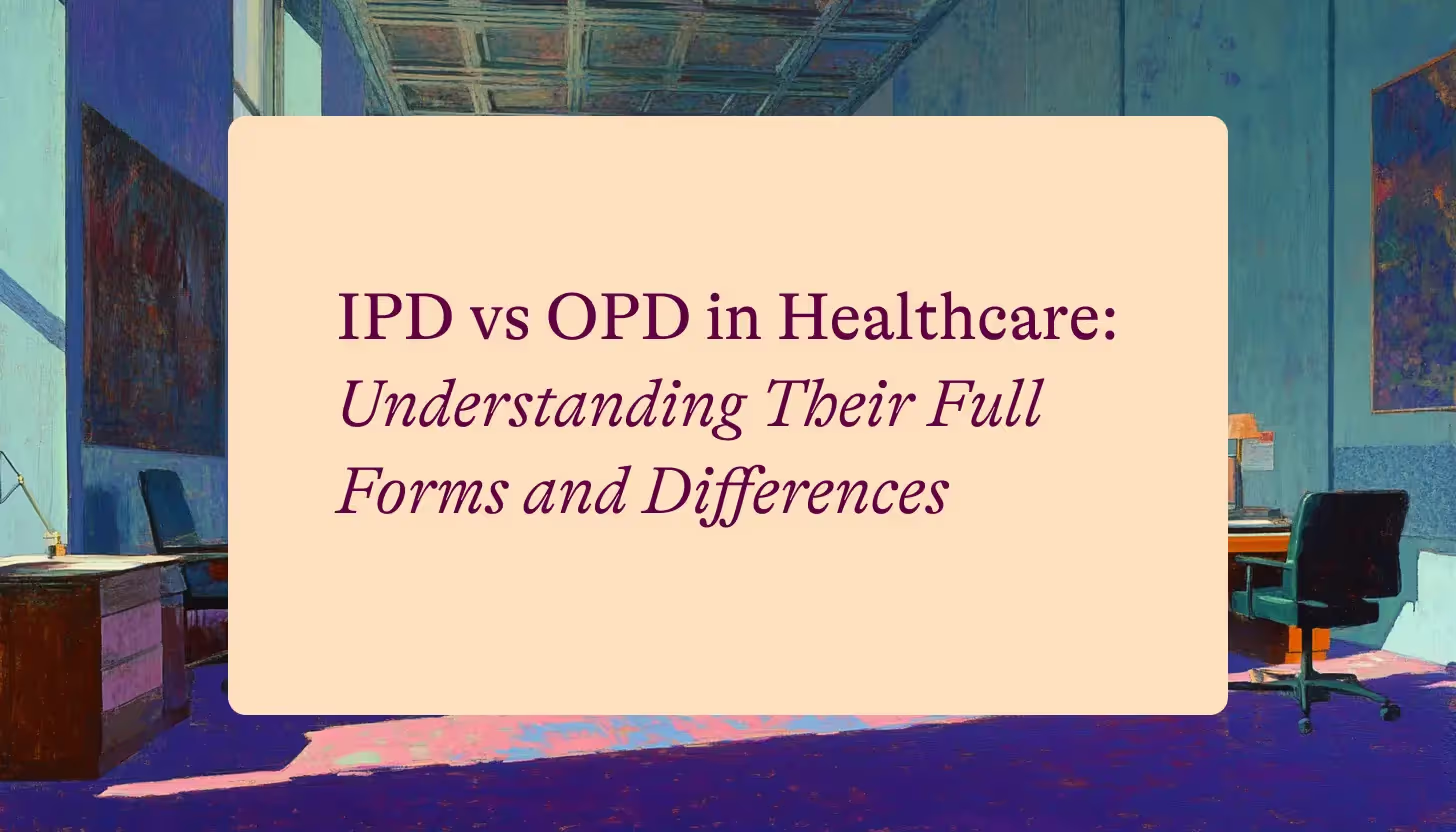There's a wealth of information available online regarding tips for proper oral care. However, new developments in the healthcare department happen each day, and sometimes the messages get crossed. Nevertheless, dental myths and misconceptions have existed for years, passed down from generations before. Now it's time to set the record straight with the facts.
Here are the top dental myths you need to know about. These dental myths are quite common and you might have definitely come across a few of them:
Myth 1: Sugar Causes Cavities
One of the most popular dental myths is that sugar causes cavities. While sugar indeed contributes to the formation of cavities, it isn't sugar specifically that causes the problem. It is the bacteria that eats sugar.
Sticky foods lure bacteria to grow on and around teeth. These bacteria produce an acidic compound that enhances tooth decay. As a result, cavities start to develop. A straightforward solution is to rinse and brush your teeth after meals. This will help to reduce acid and building of plaque.
Myth 2: Brushing Harder Cleans Better
This is another common dental myth. Brushing harder is more of a hindrance than a help. In reality, the harder you brush, the more trauma the tooth enamel and gum tissue feel. Eventually, it can lead to other problems like gum recession. Always brush gently for two minutes, twice a day, and with a soft-bristled brush.
Myth 3: Flossing Isn't Necessary
Flossing is an indispensable part of maintaining oral health. One out of every five Americans never flosses their teeth. Moreover, only 41% floss daily.
Interestingly, flossing removes about 80% of plaque. Plaque deposits promote tooth decay, which can easily be avoided with regular flossing.
Myth 4: Chewing Gums Work Like Brushing
Chewing gums cannot replace brushing your teeth. However, some chewing gums do promote cleaner teeth and better breath, and some dentists even recommended the sugar-free varieties to chew instead of candy.
While some chewing gums work as aids to dental health, they still can’t replace your everyday brushing.
Myth 5: White Teeth are Healthy Teeth
White teeth are not always healthy. Teeth begin white, and with time, they can get discolored through staining and damage. Whitening teeth may leave an underlying cause of discoloration unaddressed. In case your teeth are losing their luster, remember to speak to your dentist.
Myth 6: Charcoal Toothpaste is Better
Charcoal toothpaste is marketed for whitening, but it offers little to no protection for teeth in reality. Moreover, in reality, charcoal toothpaste works against teeth by absorbing protective agents that are meant to keep teeth healthy and strong.
Myth 7: Kids Don't Need to Brush Baby Teeth
Poor oral health in the early years can lead to lifelong complications. Kids should start brushing their teeth twice a day as early as they have teeth. Furthermore, tooth decay in kids can even lead to health concerns long after their baby teeth are gone.
Myth 8: Enamel Loss Causes Sensitivity in Teeth
Tooth sensitivity can have many underlying causes and not just one. While it is true that enamel loss leads to sensitivity, so can tooth grinding [bruxism], harsh toothpaste, and much more. If you are experiencing tooth sensitivity, discuss the symptoms with a dentist as soon as possible.
Myth 9: Fluoride Should be Avoided
Some recently published scientific material on the subject of fluoride concluded that the topical use of fluoride when it is directly applied to the tooth justifies its worldwide use as prevention against cavities. Patients who want to avoid tooth decay should talk to their dentist about adding fluoride treatments to their preventive care strategy.
Myth 10: Poor Oral Health is the Only Cause of Bad Breath
Your dentist should be the first stop if you have been suffering from chronic bad breath, also known as Halitosis. It is true that you might need to improve your approach to oral care, but it is also possible your dentist will give you a clean bill of health. The truth is, bad breath over an extended period can also signify respiratory problems, kidney problems, and other body conditions.
Related Read: Follow These 6 Steps to Protect Kidney Health
Conclusion
These common dental myths should give you an insight into maintaining a good oral health routine by brushing and flossing daily. Make sure to use proper brushing and flossing techniques, eating a well-balanced diet that is packed with vegetables and fruits. Remember to see your dentist every six months.
FAQ
Q. How do dietary choices beyond sugar consumption impact oral health, particularly regarding acidic foods and drinks?
A. Acidic foods and drinks can erode tooth enamel, leading to sensitivity and decay. Therefore, it's crucial to balance your diet and rinse your mouth after consuming such items. This preventive measure can protect your teeth from the damaging effects of acidity.
Q. What are the specific benefits of fluoride treatments for those with a higher risk of cavities, and how often should they be applied?
A. Fluoride treatments strengthen tooth enamel, making it more resistant to decay. For those at higher risk of cavities, dentists may recommend treatments every 3 to 12 months. This frequency ensures ongoing protection and reduces the likelihood of dental issues.
Q. Can certain medical conditions manifest through oral health symptoms that might be mistakenly attributed solely to poor dental hygiene?
A. Yes, conditions like diabetes, kidney issues, and respiratory problems can cause oral symptoms, including bad breath and gum disease. These symptoms often require medical attention beyond dental hygiene practices. It's essential to consult a healthcare provider to address the underlying health concerns.
.avif)










.avif)














